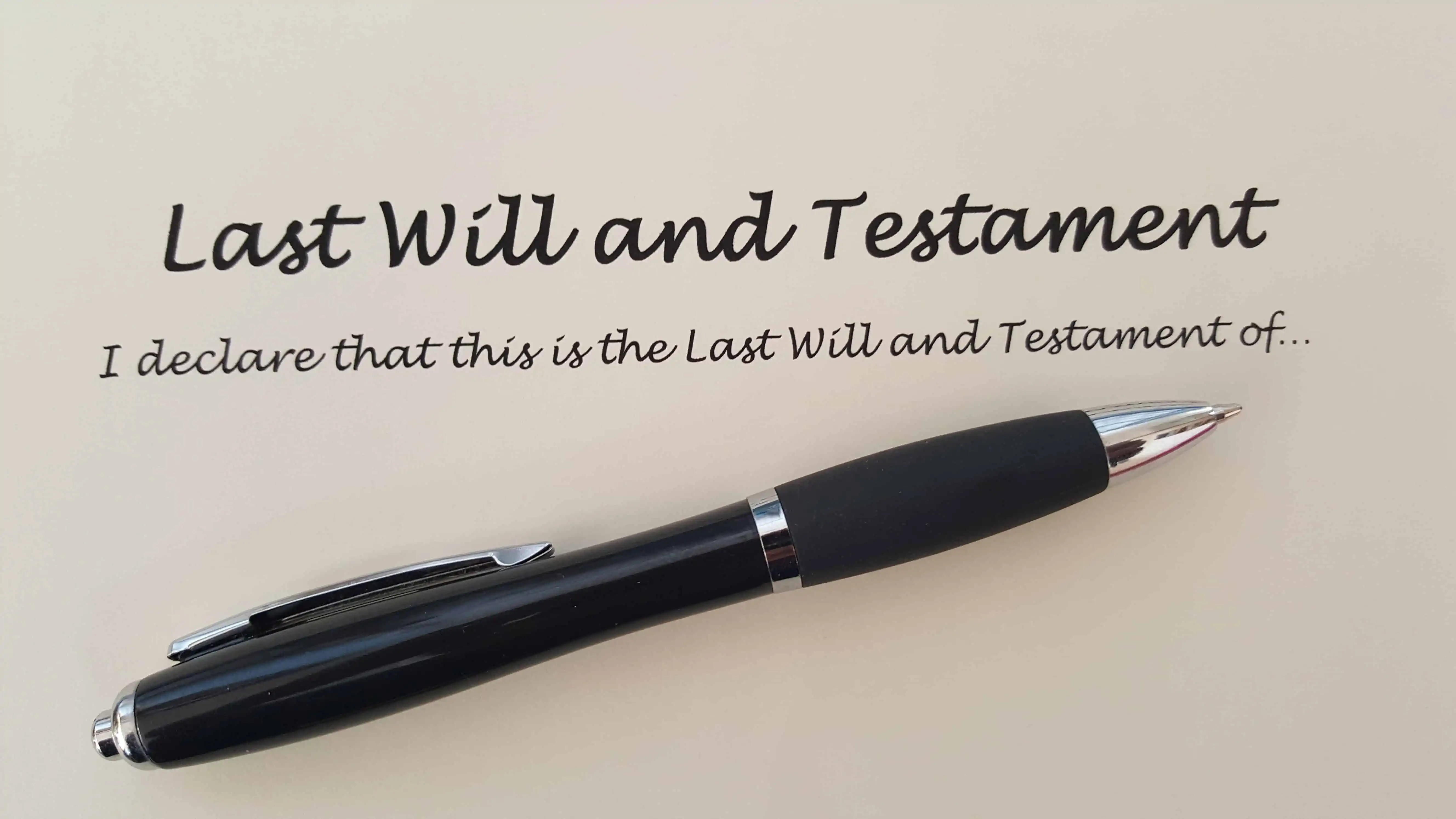How to sign your Will correctly!
Knowing how to sign your Will correctly is important. You may not be aware that the law in England and Wales contains rules about how you must sign your Will. If you don’t follow the rules as per s.9 of the Wills Act 1837 then your Will simply won’t be legal. This means that the careful decisions you have made will be set aside and the rules of intestacy applied instead.
If the person or firm you have chosen offers to act as a witness to the execution of your Will (the occasion where you sign it), then you should accept this help. I have personally saved my clients from making mistakes that would have had a serious impact on their families in the future.
If this service is not available, then please follow written instructions that you may have been provided with care.
How to sign your Will correctly
S.9 Wills Act 1837 specifies the Will must be in writing and signed by the testator (the person making the Will) in the presence of two witnesses.
In practice, this means the person making the Will needs to have two witnesses present when he/she signs the document. The testator should also date the Will so there is a clear record of when the Will was made. The witnesses then both need to sign the Will to say that they have seen the testator sign. The witnesses record their full names and addresses alongside their signature.
Who should be a witness?
Part of how to sign your Will correctly is to think about the witnesses you choose. If a Will is challenged, the witnesses may be called upon to give evidence about how the Will was signed. A witness must be capable of seeing you sign and not under the influence of drugs or alcohol. You should choose somebody who can give a reliable account of events.
Your witness does not have to be professionally qualified or know you for a minimum period. Many people select friends, neighbours or ideally the professional who prepared their Will.
Although there is not a statutory minimum age for a witness, it is strongly recommended that your witness is over the age of eighteen. If a person under eighteen acts as a witness, serious difficulties could arise if the Will is contested. The safest option is to always ensure your witness is over eighteen as you would do for other legal documents.
Who should not be a witness?
It’s important that you do not ask somebody you have appointed to be a beneficiary of your Will to act as a witness.
If a beneficiary witnesses the Will, then the gift to him/her becomes void.
It will also invalidate the gift if the spouse or civil partner of a beneficiary to the will acts as a witness.
This is to protect people from being pressured into making Wills.
By being present at the Will signing, I have recently stopped a client making this type of mistake. His friend (who was the main beneficiary of the Will) would have lost a gift worth over £1 million pounds through his wife acting as a witness. The gift instead would have to have been dealt with via intestacy rules. Precisely the situation my client wanted to avoid by making a Will.
Summary – How to sign your Will correctly
Taking time to ensure you are signing your Will correctly is essential to it being legally valid.
Mistakes are less likely where the professional who wrote the Will supervises the execution. You should choose this option where you can. If time or other circumstances don’t allow for this, please ensure you follow the instructions given and make sure your witnesses are not related to you or your beneficiaries.
To make or review an existing Will, you can book a free consultation via www.justwillsnottingham.co.uk or contact Claudine Jackson on 0115 8461446 or 07725403584, email cjackson@jwals.co.uk or use the form below





